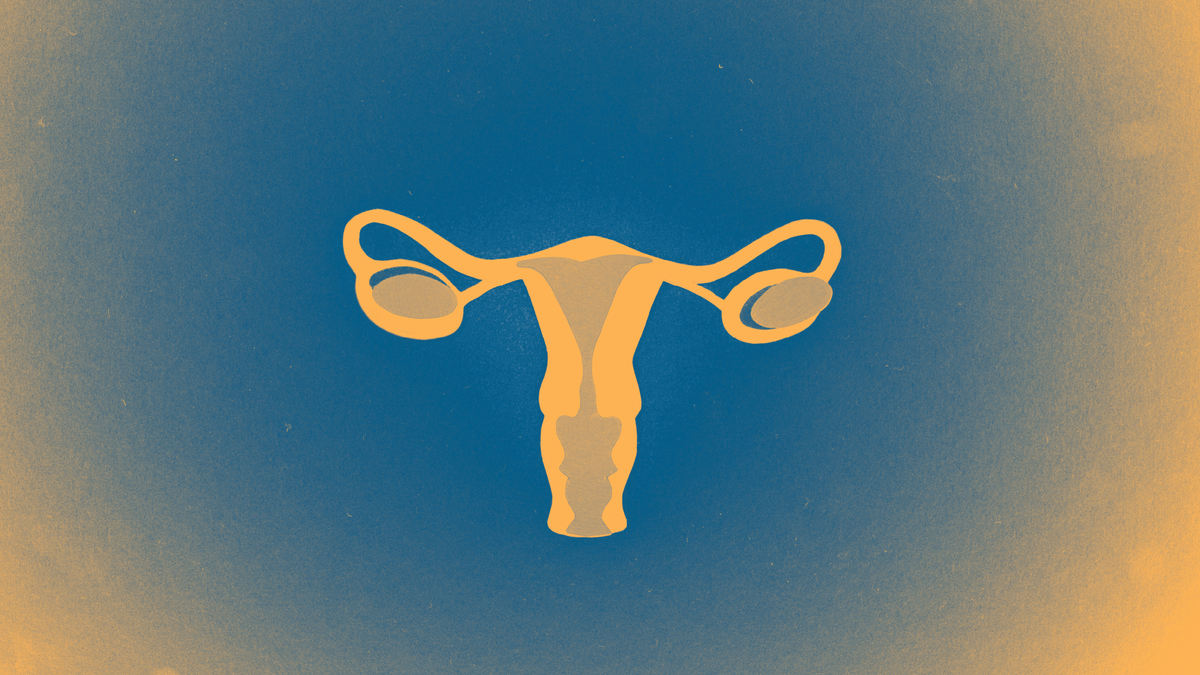TikTok users celebrate DNC speaker calling for abortion rights
Arkansas and Ohio court decisions generate heated debate about abortion.

Arkansas and Ohio court decisions generate heated debate about abortion.
This past week, a doctor’s TikTok video about bipolar disorder generated the largest uptick in online conversation about mental health. Comments on the video highlighted confusion about the symptoms of bipolar disorder and the differences between bipolar disorder and other mental health conditions. On Reddit, users discussed a study that found an association between COVID-19 infections and mental health conditions.
Questions about bipolar disorder show a need for clear information about it, as well as resources for those seeking mental health treatment and supporting loved ones living with mental health conditions. Discussions about COVID-19 and mental health provide an opportunity to promote COVID-19 vaccines as a means of protecting mental health, especially now that updated vaccines are available.

Insights brought to you by the reporters and science writers of Public Good News (PGN), a nonprofit newsroom dedicated to improving community health.
What’s trending nationally in conversations about reproductive health
Several news articles reported on a speech by Hadley Duvall, who shared her experience of being raped and becoming pregnant at 12 years old, underscoring the need for abortion rights. A CNN TikTok video of Duvall’s speech received approximately 1.7 million views, 110,100 likes, and 1,960 comments as of August 27. Most comments expressed support for abortion rights, but some falsely claimed there is “no such thing” as abortion bans and that people in the situation Duvall described can get an abortion anywhere. Other social media posts about the DNC criticized Planned Parenthood for providing abortion pills and other reproductive health services outside of the convention. One X post from the president and founder of an anti-abortion group claimed, “Ten helpless babies have been sacrificed so far at the DNC death cult.” That post received approximately 1.7 million views, 20,000 likes, 6,700 reposts, and 1,500 comments as of August 27, with many comments echoing the post’s language.
On August 22, the Arkansas Supreme Court determined that a proposed amendment to enshrine abortion rights in the state would not appear on the November ballot, as those who proposed the amendment lacked the necessary paperwork. Arkansas Governor Sarah Huckabee Sanders celebrated the news on X, stating that the court “upheld the rule of law, and with it, the right to life.” That post received approximately 193,900 views, 7,800 likes, 890 reposts, and 630 comments as of August 27. Some comments agreed with Sanders’s view, while others said it’s unfair that the amendment won’t be on November’s ballot due to “a technicality.”
On August 23, a judge in Franklin County, Ohio, temporarily blocked the state’s 24-hour abortion waiting period after women’s health organizations sued the state, alleging that the law is unconstitutional. A post in an Ohio subreddit sharing the news received approximately 1,200 upvotes and 80 comments as of August 27. The vast majority of comments celebrated the news, but some expressed support for abortion waiting periods. One read, “For many women, this is a big decision, and the clinic is able to provide them with informed options and the time to think about it.” In response, another Reddit user wrote, “I dare anybody to find one woman who doesn’t know their options before they ever request an abortion.” Others shared studies showing that regretting abortion is rare.

Recommendations brought to you by the health communication experts behind Infodemiology.com.
Recommendations for public health professionals
Each week, the Infodemiology.com team will provide messaging recommendations in response to some of the trending narratives outlined above. These helpful tips can be used when creating content, updating web and FAQ pages, and developing strategy for messaging about reproductive health.
In response to conversations about bipolar disorder, communicators may share materials outlining the symptoms, the differences between bipolar I and bipolar II, treatment options, and tips for supporting loved ones living with bipolar disorder. Recirculating general mental health resources—such as support groups, the 988 Suicide & Crisis Lifeline, and local mental health centers—is recommended. Given the stigma that people with bipolar disorder face, ensuring that all materials avoid stigmatizing language when discussing mental health is paramount.
The recent study linking COVID-19 infections to mental health conditions provides an opportunity to emphasize the importance of COVID-19 vaccination in mental health materials. Now that updated vaccines are available, communicators may also refresh materials outlining the benefits of COVID-19 vaccines to include information about how getting vaccinated may protect mental health, along with preventing severe illness, hospitalization, long COVID, and death.
